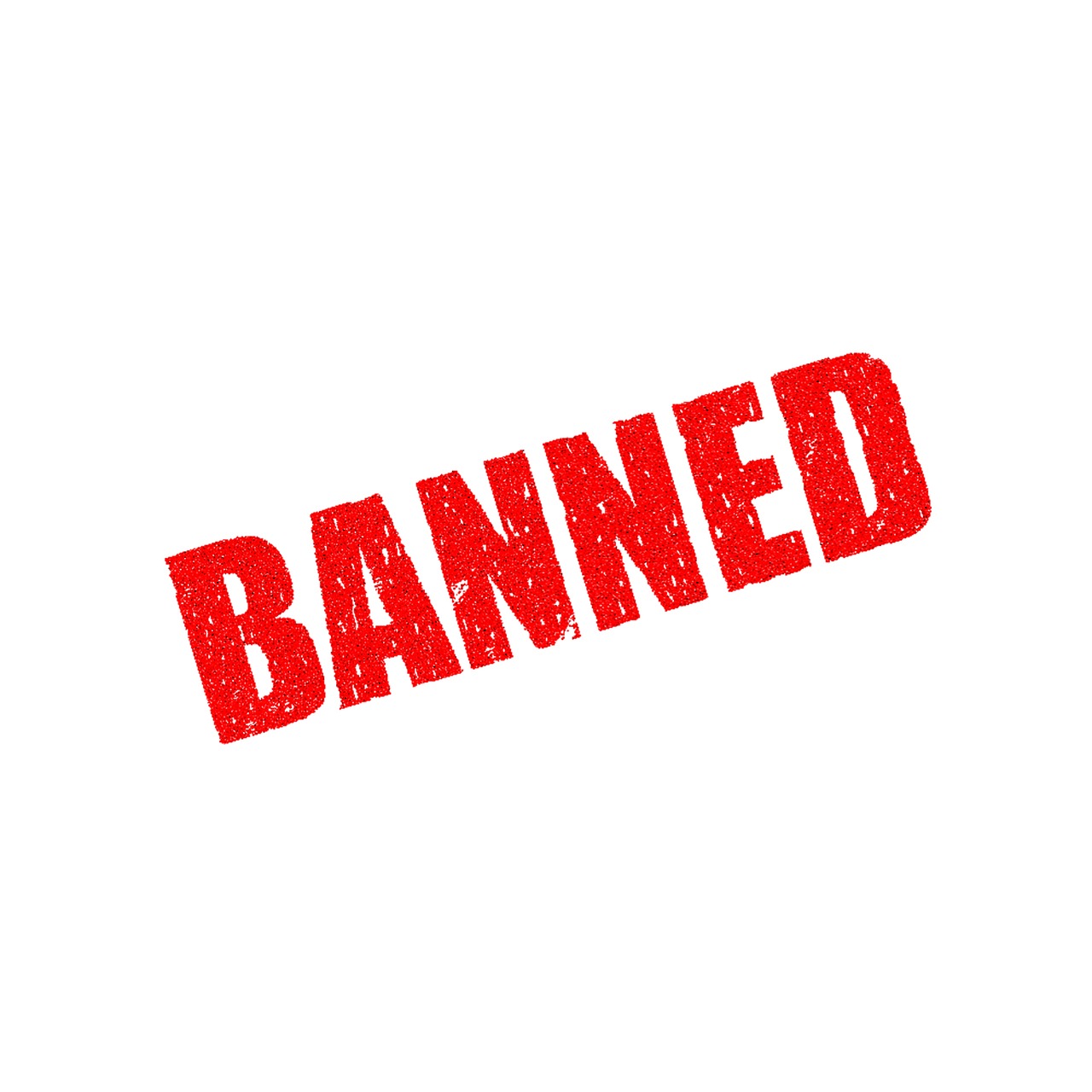OPINION
Legislation passed in January by the Australian federal Government followed steps taken in many states already to ban the public display of the Nazi swastika and the Nazi salute. The penalty for committing either of these offences is a maximum of twelve months in prison. That national socialism is an evil ideology, few would dispute; therefore the state is justified in banning groups and individuals from expressing these beliefs…right?
Democracy is imperilled and freedom for all is lost when freedom of speech and thought is stripped from one political ideology, no matter how horrible the ideals underpinning it may be. Ironically, democratically elected governments, beginning with West Germany after World War II, used the defence of democracy as justification to ban Nazi political parties and imagery. This law has also been used to prohibit the symbols of organisations deemed unconstitutional by the Federal Constitutional Court including the Communist Party, Islamic State, the Kurdish People’s Protection Units and the Russian ‘Z’ symbol. The banning of political parties was a power enjoyed by the Nazis themselves from 1933 and is too dangerous to risk leaving in the hands of any state.
The ability to ban political parties you oppose is just as great a threat to your liberty as it is to the liberty of your opponents. Elections are regularly held, Members of Parliament come and go while governments inevitably change. The power to ban your opponents that you may have once enjoyed will eventually be wielded by those who oppose your beliefs.
The long march toward increased totalitarianism in Russia illustrates perfectly the danger of allowing the state to ban controversial symbolism. The Russian administrative code prohibits propaganda, production and dissemination of Nazi symbols and symbols which are similar to Nazi symbols, punishable by a fine of up to NZ$1792. You may argue that anti-swastika bans only affect a tiny minority of extremists but the devil is in the details. What is an extremist?
In November 2023 Russia’s supreme court outlawed the “international LGBT public movement” as being an extremist organisation. There is no such organisation but the ruling will be used to prosecute any gay or transgender person that is considered to identify as being part of the LGBT movement. It follows a law being passed earlier in 2023 that banned LGBT propaganda toward adults leading to bookstores and cinemas dropping products containing LGBT content. Even Moscow’s Bolshoi Theatre has dropped a ballet about Russian dancer Rudolf Nureyev to avoid violating the new law.
Last month, the first sentences for breaching the ban on the “extremist international LGBT movement” were issued by Russian courts. A Volgograd man was found guilty of “displaying the symbols of an extremist organisation” for posting a rainbow flag image online and was fined NZ$18. A court in Nizhny Novgorod sentenced a woman who wore frog-shaped earrings with a rainbow image to five days of administrative detention. She was approached in a cafe by a man who filmed her and demanded she remove the earrings prior to her arrest.
The government that can giveth can also taketh away, which is a lesson that appears to fall on deaf ears amongst the radical left-wing activists who are the face of the fabled ‘LGBT community’ in New Zealand. A ban on gay conversion therapy passed in 2022 is a restriction on religious freedom and, by logical extension, the political freedom of everyone. Each protection of thought removed by Parliament risks the liberty of people of every ideological persuasion. The power the state possesses to strip your opponents of freedom of thought can also be used against you.

